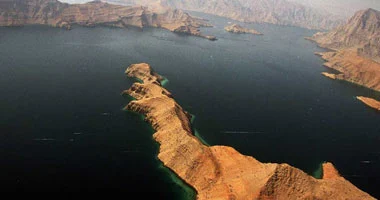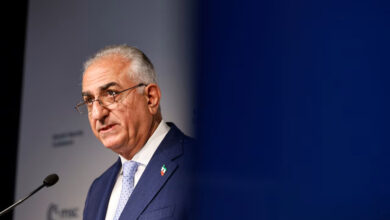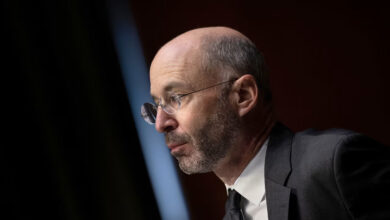Washington–President Barack Obama called for a concerted global effort to step up safeguards on loose nuclear materials on Tuesday, warning that if al-Qaeda acquired an atomic weapon it would be a "catastrophe for the world."
In a speech prepared for a 47-nation nuclear conference, Obama said: "Two decades after the end of the Cold War, we face a cruel irony of history — the risk of a nuclear confrontation between nations has gone down, but the risk of a nuclear attack has gone up."
"So today is an opportunity not simply to talk, but to act," Obama said. "Not simply to make pledges, but to make real progress for the security of our people." Excerpts of his speech were released in advance by the White House.
US officials sought to choreograph the summit to focus narrowly on nuclear terrorism and avoid clashes among a fractious group ranging from traditional nuclear powers like Russia and Britain to nuclear-armed foes India and Pakistan.
But on the sidelines of the two-day conference, Obama conducted an intensive campaign to intensify international pressure on Iran over its nuclear program.
The White House said Obama secured a crucial pledge from Chinese President Hu Jintao on Monday to help tighten UN sanctions on Tehran. But China stressed on Tuesday it wanted any Security Council action on Iran to promote a diplomatic way out of the nuclear standoff.
Citing nuclear terrorism as the single biggest global security threat, Obama sought agreement on an action plan to secure all vulnerable fissile materials worldwide within four years to keep it away from groups like al-Qaeda.
A draft communiqué being prepared for Tuesday’s closing session showed the summit was likely to endorse that goal, though the tangible means to accomplish it were expected to be unclear.
The summit — the biggest gathering of international leaders hosted by the United States in over six decades — was a test of Obama’s ability to galvanize global action on a broader nuclear agenda that calls for eventually ridding the planet of atomic weapons.
But some countries are sceptical about the seriousness of the nuclear security threat, viewing it more as an American preoccupation after the September 11, 2001, attacks by al-Qaeda on the United States.




